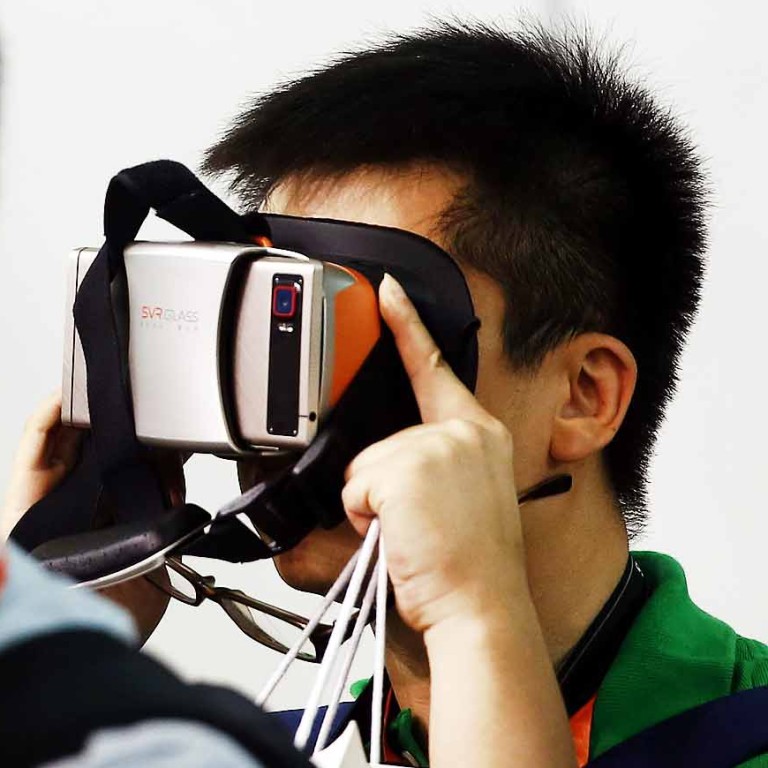
At CES Asia expo, tech gurus lay out vision for ‘internet of things’
The "internet of things" dominated the first day of the inaugural Consumer Electronics Show (CES) Asia in Shanghai yesterday, as major Chinese and international technology companies put forward their plans for a more connected future.
The "internet of things" dominated the first day of the inaugural Consumer Electronics Show (CES) Asia in Shanghai yesterday, as major Chinese and international technology companies put forward their plans for a more connected future.
Gary Shapiro, president of the Consumer Electronics Association, organiser of the expo, opened the event with a speech that highlighted the importance of China to the global technology industry.
Citing industry data and estimates, Shapiro said the size of the consumer technology market in China, the world's second largest economy, would grow by about 5 per cent to US$281 billion this year, most likely overtaking the US as the primary market for consumer technology goods by next year.
"Chinese companies are increasingly focusing on innovation and building on their extraordinary strength in manufacturing," he said.
The direction of that innovation was clear, as speaker after speaker emphasised the importance of the internet of things, a vision of the future in which all things are connected.
Both small and large manufacturers were showing off technologies such as wireless charging solutions, driverless cars and smart appliances.
"We are moving to a world where everything that consumes electricity computes and communicates," said Kirk Skaugen, general manager of Intel's client computing group and a keynote speaker.
"The future really is hurtling towards us," he said. Intel expects that within the next decade "there will be around 50 billion connected devices in the world".
"[The internet of things] will improve our lives, our health, save time, make us safer, as well as [have] many unimagined benefits," Skaugen said.

China Mobile IOT was established by its parent company two years ago to meet the growing demand for services related to the internet of things.
The Shanghai conference marks the first time CES, which takes place in Las Vegas every January, has been held overseas.


